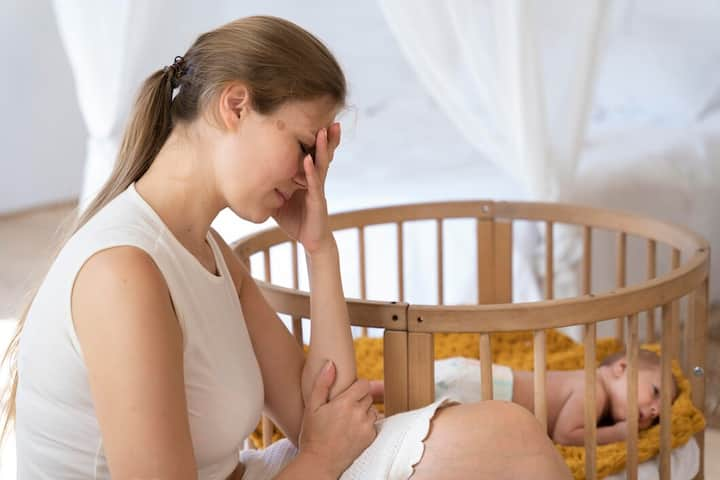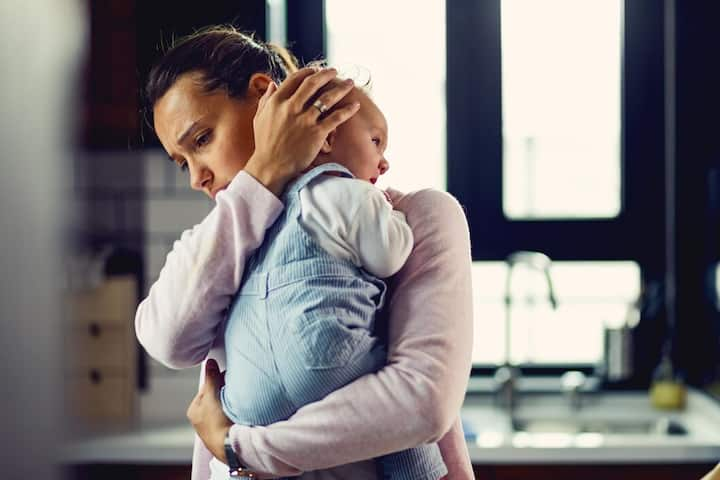Pregnancy and childbirth are full of challenges for a woman. The number of problems a woman faces during the nine months of pregnancy can be even greater after the child is born. Health experts therefore advise the mother to take special precautions. Many women experience depression after pregnancy.

According to reports, one in eight women suffer from postpartum depression. Its danger has increased in recent years. In such a situation, let us know about this condition…

Postpartum depression can appear during pregnancy or up to a year after the child is born. It is a mental illness that negatively affects the way we think, feel or act. Initially, it is difficult to differentiate between postpartum depression and normal stress or fatigue. Feelings of fatigue, sadness, hopelessness during or after pregnancy are not unusual, but daily routines may be affected.

Signs of postmortem depression: Being irritable or angry for no reason, becoming excessively moody, not being able to concentrate on a job, not being happy doing a job. Feeling vague pain or some sort of illness Being very hungry but not feeling like eating Continuing weight gain even after giving birth Not being able to control yourself Feeling like crying a lot for no reason Feeling tired and not being able to sleep even after not resting Nearby Stay away from people like I worry too much about the child

How dangerous is postmortem depression: If postmortem depression persists for a few months or more, it can cause many serious problems. This has a detrimental effect on mental health. It can also cause physical problems. Depression also leads to a risk of obesity, heart attacks and chronic diseases.

What is the treatment for postmortem depression? Be vigilant in case of postmortem depression. Recognize the symptoms of depression and get it treated by a doctor at the right time. Doctors treat it with certain medications and therapies, which can help reduce symptoms.
Published on: October 27, 2024 at 5:53 PM (IST)
